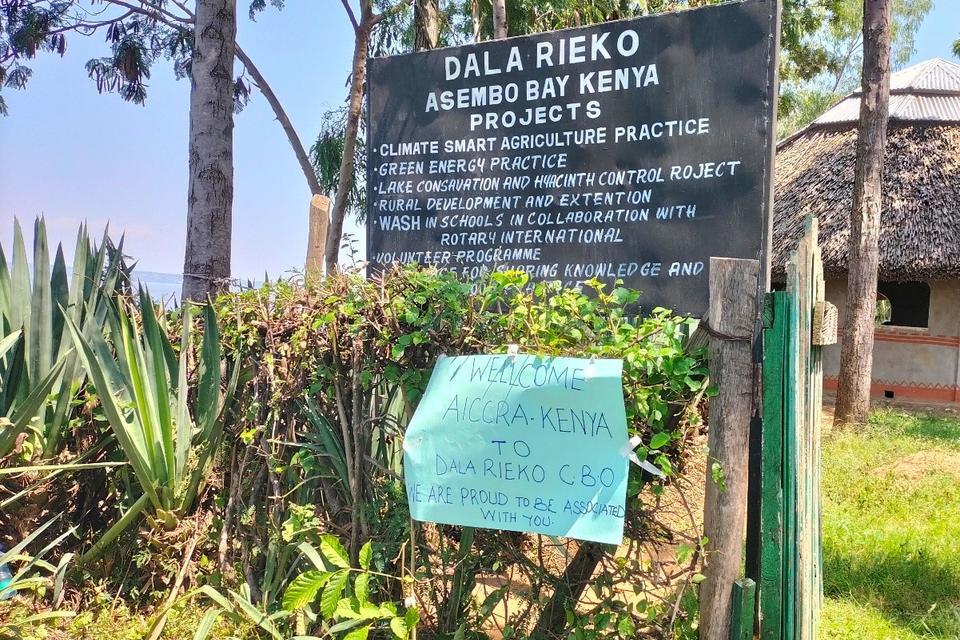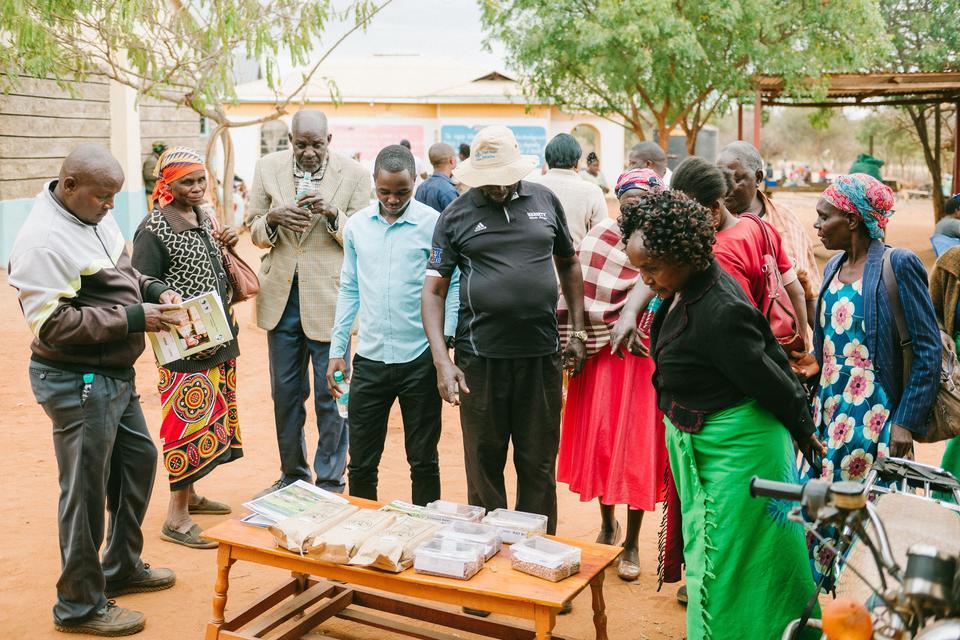Press and News Sowing Seeds of Change, Joining Forces to build resilience in agricultural communities by integrating climate, peace, and security
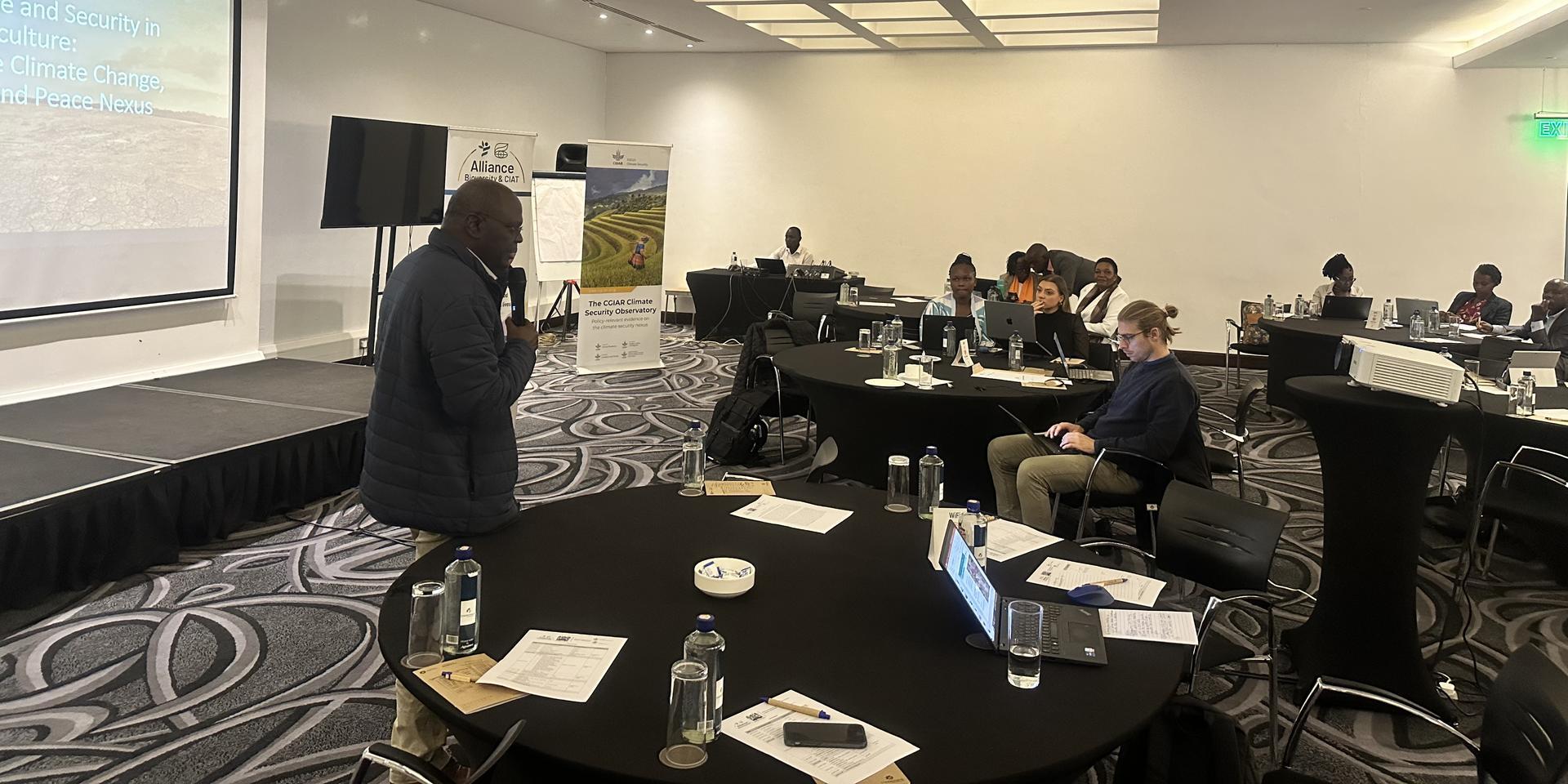
In a dynamic collaborative effort, The Alliance of Bioversity International and the International Center for Tropical Agriculture through CGIAR Climate Resilience initiative (ClimBeR), partnered with the Ministry of Agriculture and Livestock Development - Climate Change Unit - and the Climate-Smart Agriculture Multistakeholder Platform (CSA MSP) to develop a ground-breaking course titled Climate, Peace, and Security in the Agriculture Sector: Unpacking the Climate Change, Agriculture, and Peace Nexus.
By: Benson Kenduiywo, Brenda Chepngetich, Victor Villa, Anna Belli, Victor Korir, Regina Karanja, and Joseline Kiogora
The pool of expertise also included the technical support of the Jomo Kenyatta University of Agriculture and Technology. Together, they embarked on a journey to create a learning experience that promises to transform our understanding and response to climate-related security risks.
On November 14th, The Alliance of Bioversity International and CIAT convened key players at Trademark Hotel to validate the training course. The workshop came on the heels of a tree planting holiday declaration by H.E. Dr. William Ruto. President Ruto noted that Kenya has witnessed worsening climatic patterns, particularly droughts, flooding, and unpredictable rainfall patterns, and advocated for wetlands restoration and tree planting to mitigate the climate crisis and ensure food security.
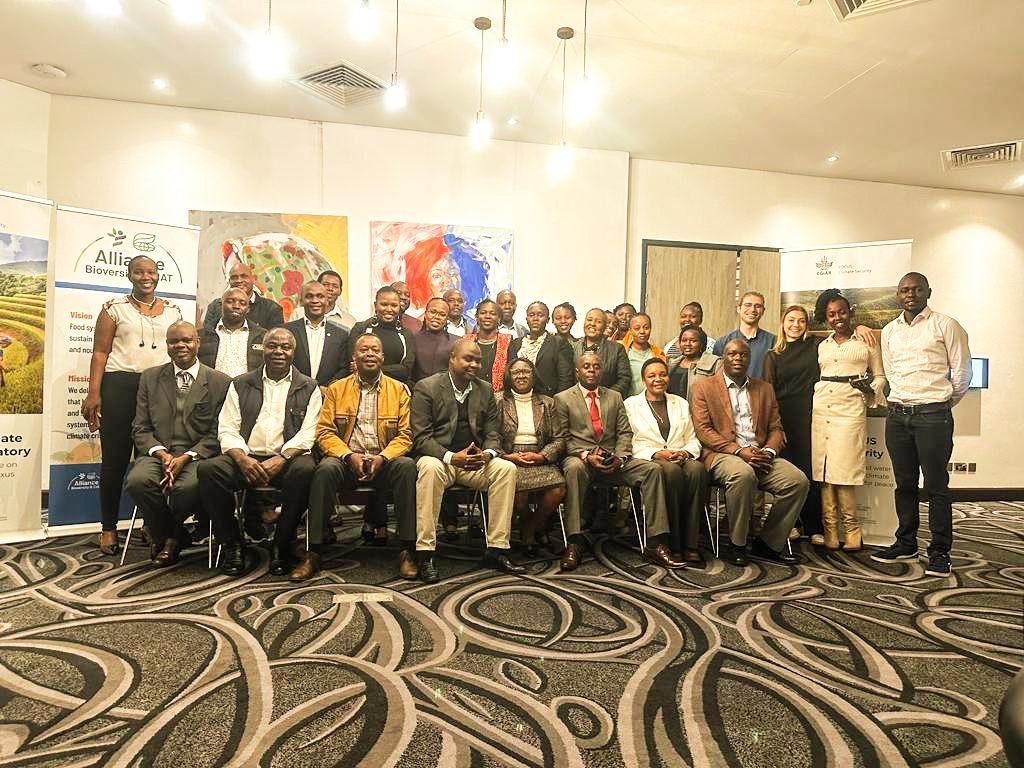
Climate, Peace and Security in Agriculture Course Validation Workshop participants group photo – Photo by Joseline Kiogora
The Intergovernmental Panel on Climate Change (IPCC) AR6 reports forewarns that Africa will increasingly experience climate change impacts. Kenya, having just recovered from five consecutive failed rainy seasons, now grapples with the wrath of EL NINO floods. Mandera, Wajir, Tana River, and other counties bear witness to the vulnerabilities of a region classified as the world's most susceptible to climate change.
Devastating events have disrupted communities and livelihoods. Droughts and floods have jeopardized food, health, and economic stability, prompting Kenya's official recognition of climate change as a national security threat. This newfound acknowledgement comes in the wake of events like the national tree planting day, where the Ministry of Interior and National Coordination labelled climate change a major threat, on par with terrorism, fuelling frequent resource-based human-wildlife conflicts and communities clashes, particularly between farmers and pastoralists. These new developments are timely considering ABC's efforts to champion awareness on climate, peace, and security and the critical role that agriculture can play in promoting peace.
Breaking the Climate-Conflict Nexus Through Climate-Smart Agriculture
Climate change continues to pose significant threats to Kenya's agricultural sector, as well as to food security, and overall peace and stability. Most agricultural activities in Kenya are rain-fed and approximately 14.9 million people derive their income from it, which makes up approximately 80% of Kenya’s rural population. As a result, climatic stressors may significantly impact climate-sensitive crop and livestock systems. In response, emerges climate-smart agriculture – a holistic approach that intertwines sustainable practices, adaptation-mitigation linkages, and resilience-building. Integrating climate-smart agriculture with peacebuilding strategies to stabilize food production, alleviate strain on natural resources, and prevent maladaptation.
Motivated by the potential of climate-smart agriculture as a tool for peace, the partners developed a comprehensive training course. With four modules designed to enhance understanding of climate security, unpack social inclusivity's role in climate action and peace, highlight CSA contribution to peaceful communities, and identify tools supporting climate security interventions, the course promises a transformative learning experience. Each module stands alone or complements the others, enriched with case studies and exercises from diverse corners of Kenya, illustrating the intricate interplay of climate peace, security, and agriculture.
During the validation workshop, Dr. George Wamukoya, lead of the African Group of Negotiators Expert Support (AGNES), emphasized the pivotal role of agriculture in Kenya's economy. He highlighted CSA MSP's potential to enhance understanding through its extensive multidisciplinary membership.
Representing the government of Kenya, Mr. Peter Kimwele underscored the holistic nature of climate, peace, and security ranging from the household to the national level. He affirmed the ministry's commitment to recognize agriculture's vital role in ensuring peace, especially in the face of hunger-driven insecurities. The government is committed to sustaining the process of module co-creation to enhance peace and security through capacity building and identification of actionable climate, peace and security solutions for farmers who are at the frontline of the climate crisis.
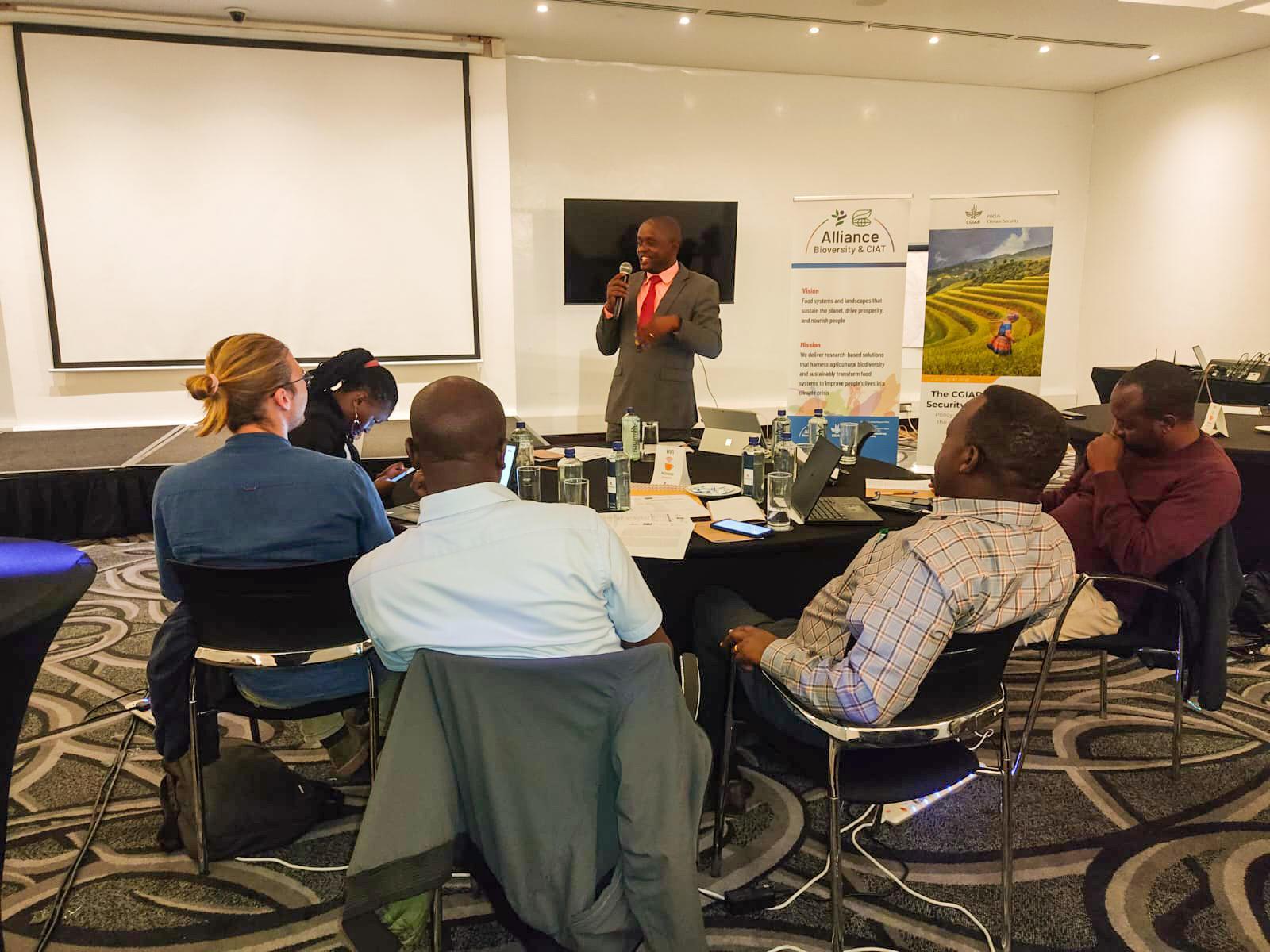
Mr Peter Kimwele from the Ministry of Agriculture and Livestock Development opening the workshop.
Seeds Planted, Now Nurturing: Towards a Pilot Phase
The Alliance of Bioversity and CIAT is incorporating insights from the workshop into the course, ahead of a pilot phase in select Kenyan counties in 2024, aiming to educate and empower communities against climate change.
The Team

Benson Kenduiywo
Data Science Specialist, East Africa-Lead CGIAR FOCUS Climate Security

